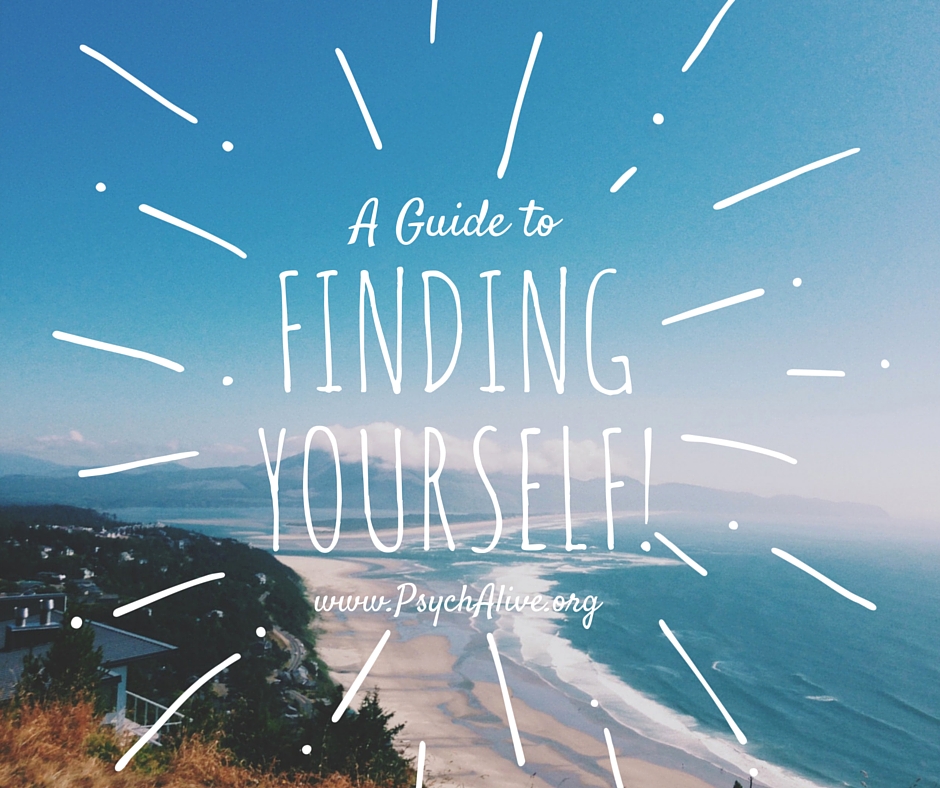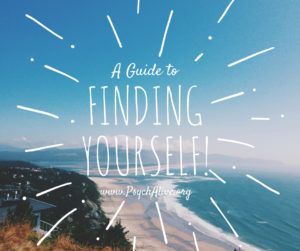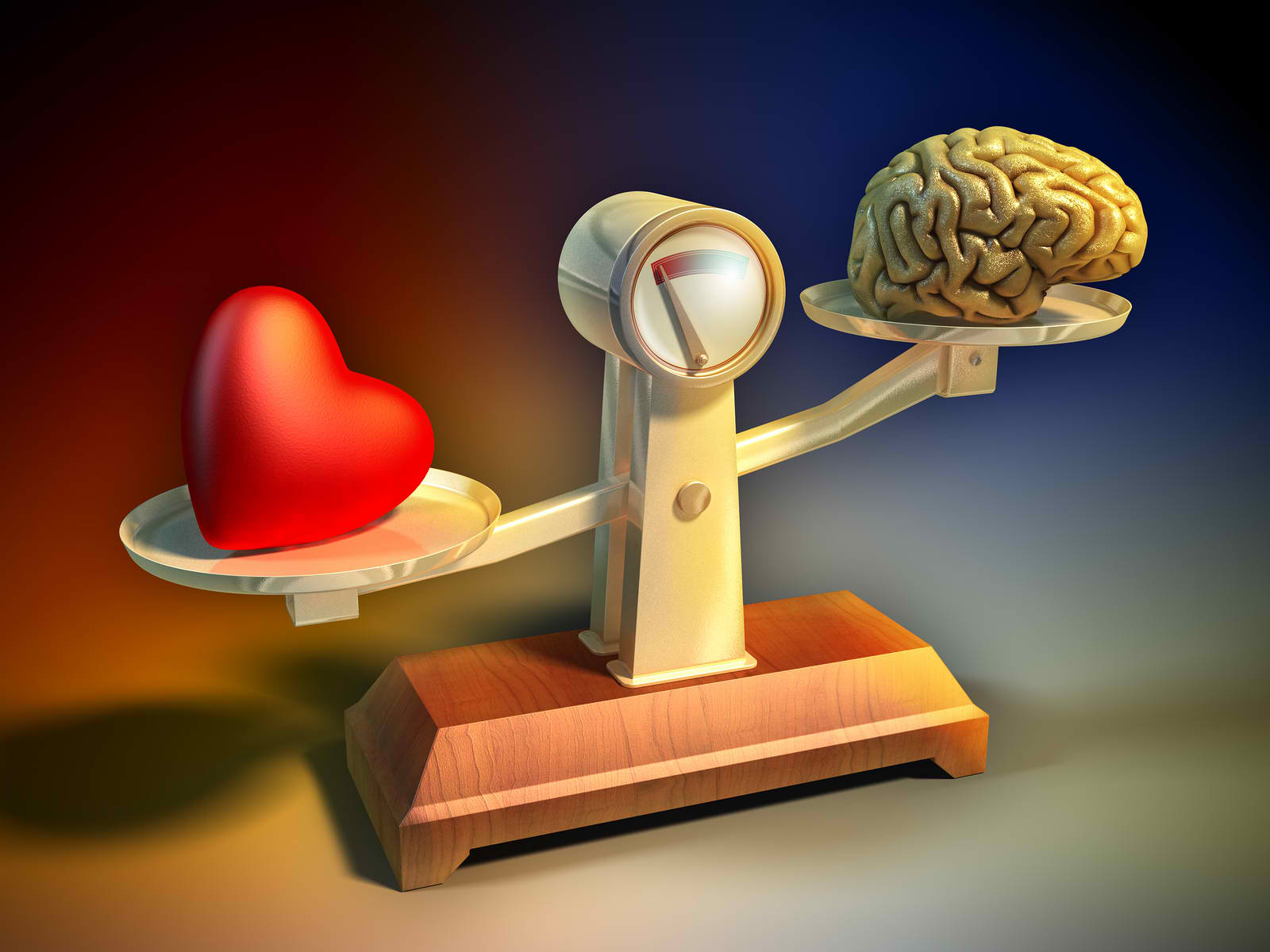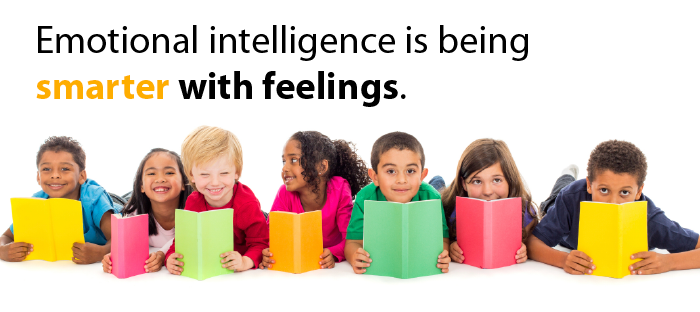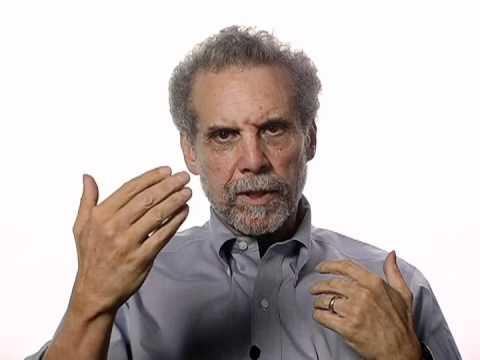
Learning to deal with your anger is part of maturity and adulthood. It’s necessary to be a successful person, capable of interacting appropriately with others around you and keeping your emotions reasonably in check.
Learning to deal with your anger is not anywhere near as easy as it sounds, however. It takes patience, dedication, diligence, and true effort to handle your angle.
But is all that really worth it? In this article, we’ll explore five of the major benefits of anger management to show you what you can get out of all your hard work and effort.
1) Improved Empathy
Empathy is an incredibly valuable trait in human society. It can help further your career, improve friendships, and improve your romantic relationships. When you work on your anger management, one of the skills you hone is that of empathy.
In order to control and diffuse your anger in a given situation, you have to understand where the other party in the conflict is coming. Once you learn how to successfully place yourself in another person’s shoes, you’ll find yourself in fewer disputes, disagreements, and conflicts.
2) Clearer Judgment
Anger changes the way you think, the decisions you make, and the way you view a given situation. It clouds your judgment terribly, causing you to make poor decisions in the heat of the moment.
When you practice anger management, you channel your anger to keep you calm, allowing your judgment to be clarified. This will help you make better decisions, not say something you’ll regret, and diffuse the situation healthfully and quickly.
Having unclouded judgment is essential to make proper decisions. Clearing up your judgment by preventing it from being compromised by your anger can help you make better decisions in your relationships and in the workplace. You definitely don’t want to make an important decision at work under the influence of anger; that’s how people quit their jobs in the heat of the moment without something else lined up.
3) Improved Communication Skills
A big part of learning to deal with anger is learning to communicate your thoughts, feelings, and concerns. The cause of most disputes and conflicts typically boils down to breakdowns in communication.
By understanding the importance of communicating your own viewpoints and feelings, you’re also gaining understanding and empathy for the other person’s perspective. The more you understand how important it is to the resolution of the conflict, the more you’ll try to understand the other person and push for them to communicate.
Improved communication skills can help improve your life in more ways than just your friendships. Being a better communicator can help you excel in your field of choice, impress your boss, succeed in new opportunities, and even improve your parenting skills.
4) Closer and Healthier Relationships
Those who struggle with anger management tend to push loved ones away. Whether it be by their actions or a conscious effort, they tend to keep people at arm’s length. The better you get at controlling your anger and diffusing problematic situations and conflicts, the better friend you’ll be.
You’ll become a better listener, helping to prevent conflicts or anger from taking over. Your improved empathy will also help you to be more compassionate and understanding with your friends and loved ones in your everyday life, not only in situations of conflict.
You’ll definitely see an improvement in your relationships and may even grow closer to those about whom you care.
5) Decreased Stress
Anger is stressful. Being mad at people and holding grudges causes extra stress and worry that you just don’t need. When you learn to better control your anger and practice anger management, you’ll see a decrease in the number of disputes and conflicts you have, as well as your stress.
Stress can be a killer; it can cause strokes and heart attacks when ignored. By practicing anger management, you can limit your unnecessary stress which may even increase your life’s longevity.
Learning to deal with and manage your anger is an essential part of growing up. You need to have your emotions and anger in check in order to be a functioning adult. However, getting said emotions in check can be a difficult challenge and you might be wondering, what’s really in it for you.
We hope this list has helped to encourage you to pursue working on your anger control or stay on your path to anger management.
– Scott Blessing




